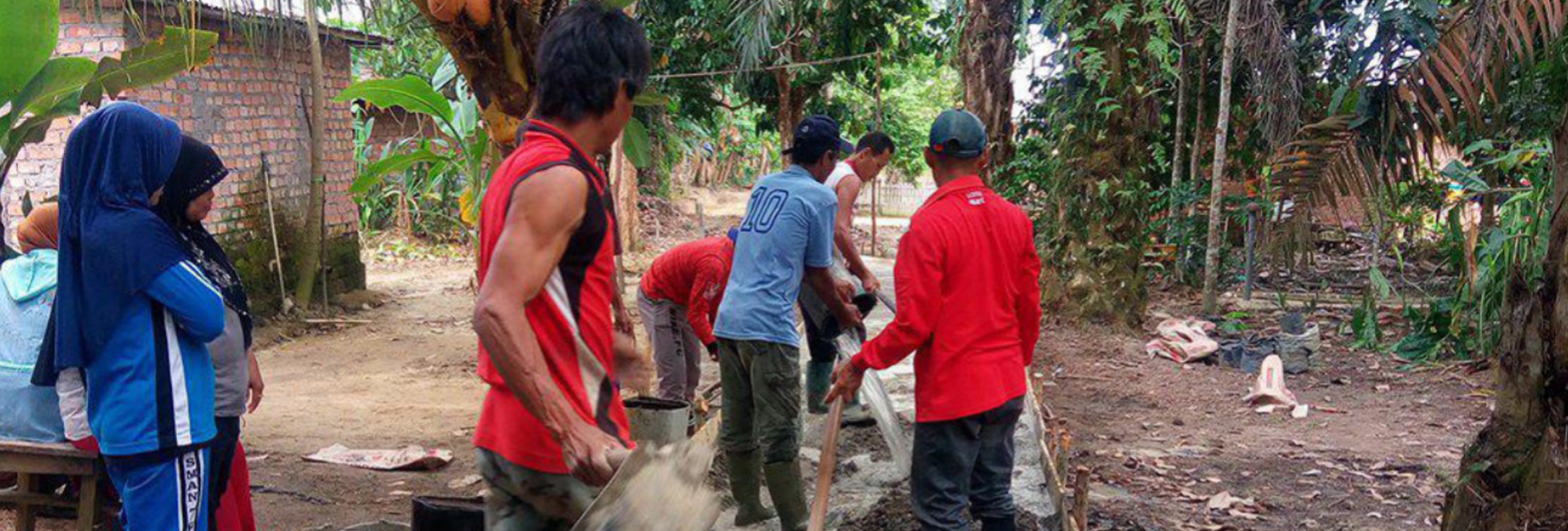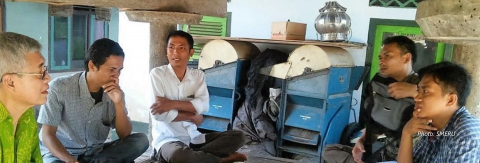The Village Cash for Work (PKT) policy, initiated in 2018 to overcome poverty, unemployment, and malnutrition in villages, has resulted in some problems. This has something to do with some provisions in the technical guidelines of PKT which (i) cause budget inefficiency, (ii) pose the risk of lowering the work output quality, and (iii) is not equipped with clear reference criteria to determine PKT beneficiaries. This policy brief recommends that (i) the government not set a minimum amount of 30% of the development budget sourced from Village Fund for labor wages; the government only needs to encourage villages to carry out development by involving more marginalized residents; (ii) PKT activities recruit only low-skilled workers, while positions of skilled workers are reserved for village residents having specific skills and experience; and (iii) the government, through the village facilitators, facilitate village governments’ identifying and determining PKT beneficiaries through village deliberation meetings (musdes).














